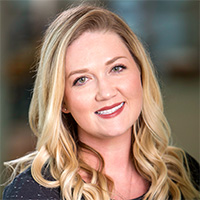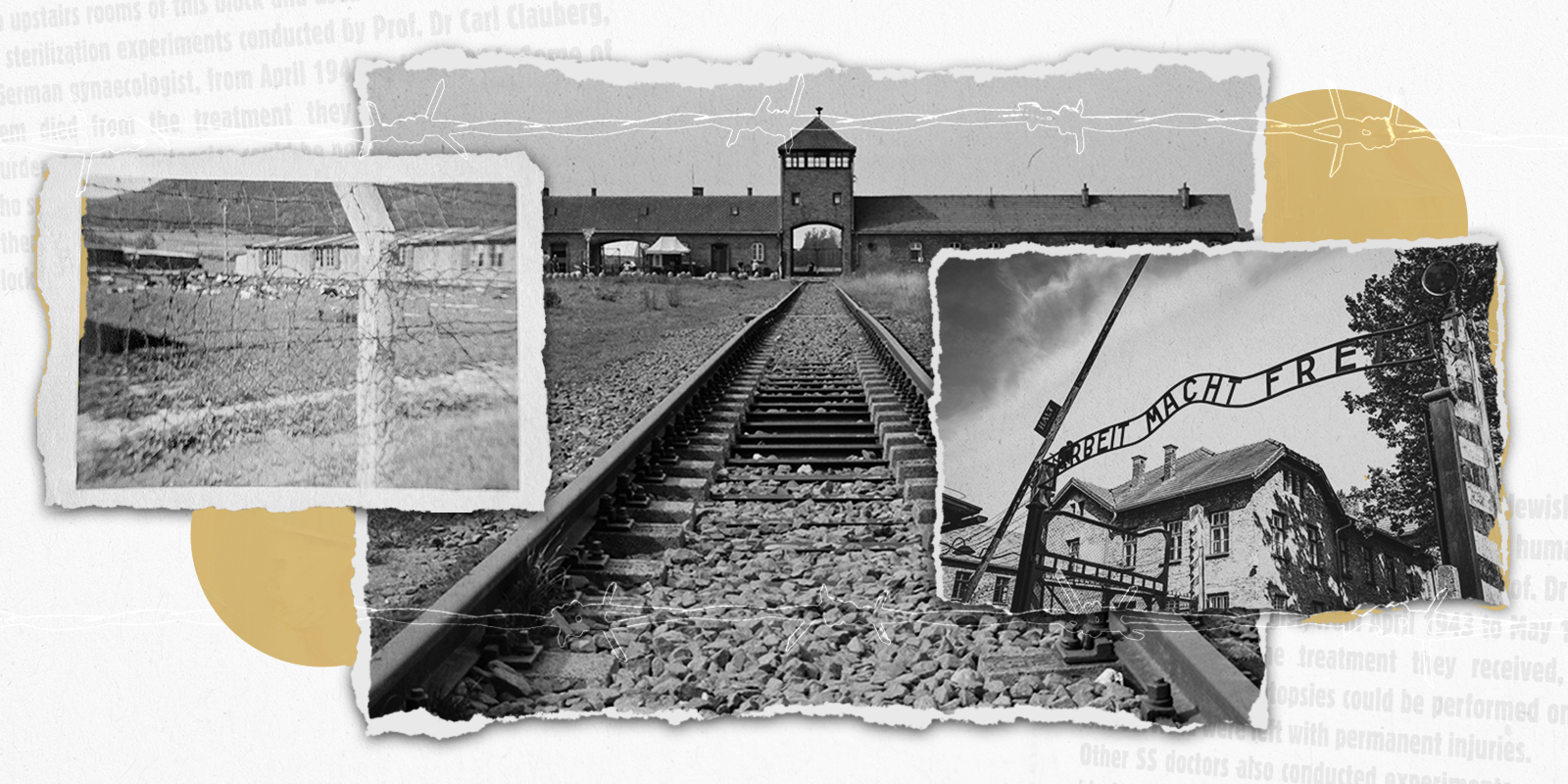At a time when the demand for mental health professionals is greater than ever, the CU Department of Psychiatry at the University of Colorado School of Medicine is offering undergraduate students a doorway into careers in this critical field.
In 2016, the department partnered with Children’s Hospital Colorado to launch PURPLE – Psychiatry Undergraduate Research Program and Learning Experience. The pathway program provides undergraduate students opportunities to work directly with patients and conducting research.
PURPLE has since expanded, providing pathways and opportunities for students thinking of future careers in not just psychiatry, but in health sciences as a whole.
As the 2022 cohort prepares for its time on campus, past students and mentors share what makes PURPLE successful and a model for future programs on campus.
Meeting students at a critical juncture
PURPLE involves pairing students with faculty mentors for the 12-week paid program and includes direct patient interaction, a research project and a poster presentation. The program also offers students extensive career development training and job placement.
Former students frequently say PURPLE was the right program at the right juncture in their undergraduate experiences.
|
PURPLE student success
|
“I was definitely considering mental health advocacy, but I didn't necessarily want to commit to a full graduate coursework,” said Kristin Torres, who completed PURPLE in 2018 and originally studied journalism and business at Colorado State University.
Shanna Trott, who enrolled in PURPLE in 2021, had a similar experience. “I wasn't entirely convinced that I wanted to be a psychiatrist or even a clinical psychologist. That's why PURPLE was intriguing to me, because it was a lot of different people talking about their experiences and learning from a lot from each other.”
Gaining exposure beyond the classroom
The connection between students and their one-on-one mentors is central to the program and includes an opportunity to gain exposure to the mentors’ patient-care approaches.
Shengh Xiong, a PURPLE student in 2016, worked with Project Climb at Children’s Hospital Colorado, which helps screen for pregnancy-related depression. “I didn’t know at the time that people were studying it,” Xiong said. “It really opened my passion for what I was really interested in.”
For others, the opportunity to work with pediatric patients became a focus as well.
“I was shadowing the eating-disorder unit and got to eat lunch with the kids. So, it was invaluable just being able to laugh and hang out with kids in that setting, and also having that eye-opening clinical experience.”
Focusing on diversity, equity and inclusion
Former students also applaud the program’s emphasis on diversity, equity and inclusion (DEI) and its importance in clinical psychiatry and serving patient community.
“PURPLE champions diversity, which is something so important to me,” said Torres. “And definitely, I took that to become part of my career. I am a woman of color. And that's something I do have to be aware of, but also how can I turn around and help other underserved communities in clinical science?”
Trott also found the DEI emphasis key and recommended PURPLE for any students interested in psychiatry, psychology, social work, community health or related fields. “It's a great program to explore, because there are a lot of different avenues and there's a heightened emphasis on diversity and hearing different voices,” Trott said.
Linking generations of mentors
For Jennifer Hagman, MD, being a mentor in PURPLE was a rewarding experience. “I think for most of us in an academic setting, teaching and passing it on is really the passion of this work,” she said. “Really, the way I got into everything I'm doing now was through a summer internship when I was in college.”

2021 PURPLE cohort.
Patrick Romani, PhD, another PURPLE mentor, said a mentor helped him find his footing in the health sciences. “I was a struggling undergraduate, and a graduate student and professor at the University of Iowa Hospitals really took me under their wings and gave me a shot. The opportunities to participate in their research, projects and clinical work really set the stage for me to excel. I hope maybe someday I can do the same for somebody.”
This paying-it-forward mentality goes beyond potential careers and programs to the often-overlooked pieces of a career in the field.
“I think one thing that I learned in several of my early summer experiences was just how frustrating the IRB (institutional review board) process can be,” especially with regard to the first application, Hagman said. “The PURPLE students get a lot of opportunities to work on IRB applications.”
Building toward the future
Emmaly Perks, MA, CCRP, director of the Office of Education and Training in the CU Department of Psychiatry, said these stories of personal growth will not only continue in PURPLE, but also offer the potential to scale the program outside of the department.
|
New partnership expands PURPLE beyond campus
On June 23, Aurora Public Schools and the Department of Psychiatry were awarded a $67,000 grant from the state of Colorado’s Office of Career and Technical Education for the department’s PURPLE program. Alongside Aurora Public Schools, the department will develop pathway programs that include both week-long intensives and year-round internships to help diverse high school students explore and learn about careers in STEM and mental health. The goal is to not only reach more students early in their education and experience science in a more direct environment, but eventually to also transition students into the STEM field and mental health careers on the CU Anschutz Medical Campus and beyond. The program is expected to begin fall 2022. |
“We are facing a huge mental health crisis that's only been exacerbated in the last few years due to the pandemic, particularly in child and adolescent mental health,” Perks said.
It’s a crisis leading PURPLE to focus on replicating the program’s successes – both internally and externally.
“We're working right now with our university partners to think about a pathway core – how we can replicate the pathway model within other departments at CU, and have a core administrative infrastructure that helps to support those programs within interested departments.”
Ultimately, Perks said, student success remains the most important component.
“Many times in our careers, we're not able to see the fruits of our labor, and with PURPLE, it's so clear,” Perks said. “You can just see the dots connect for our students, and that's really satisfying. In a world that is so divisive right now, it's really nice to have a program like this – where everybody is united around a cause.”
Photo at top: 2019 PURPLE cohort.




